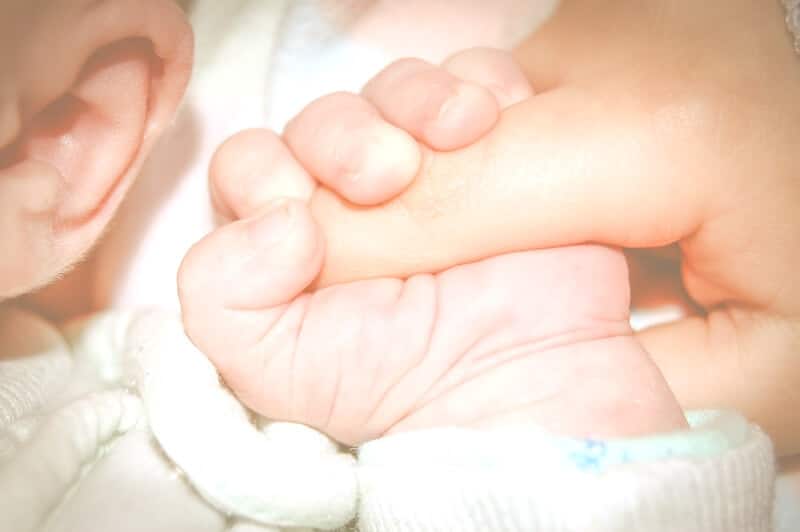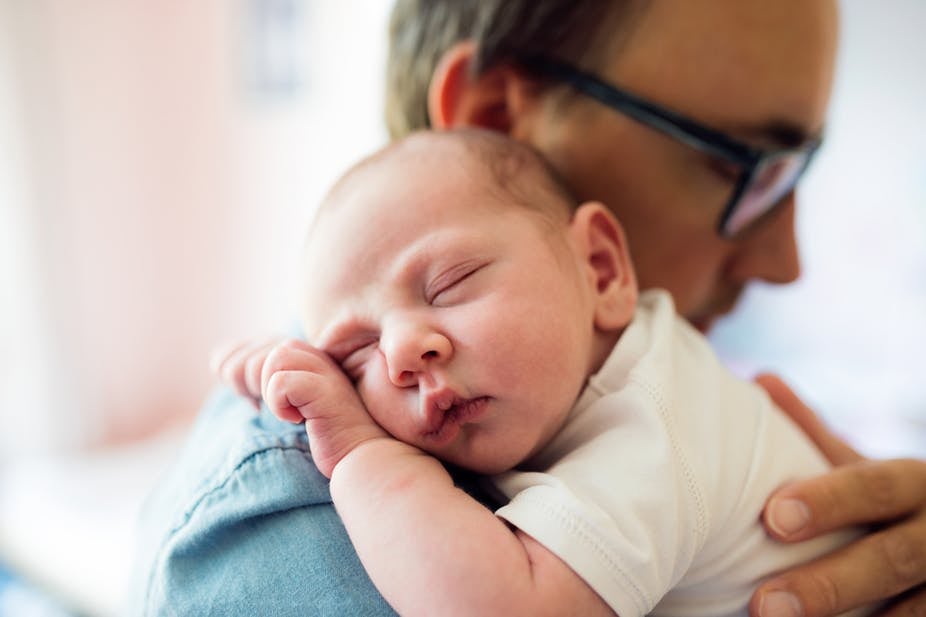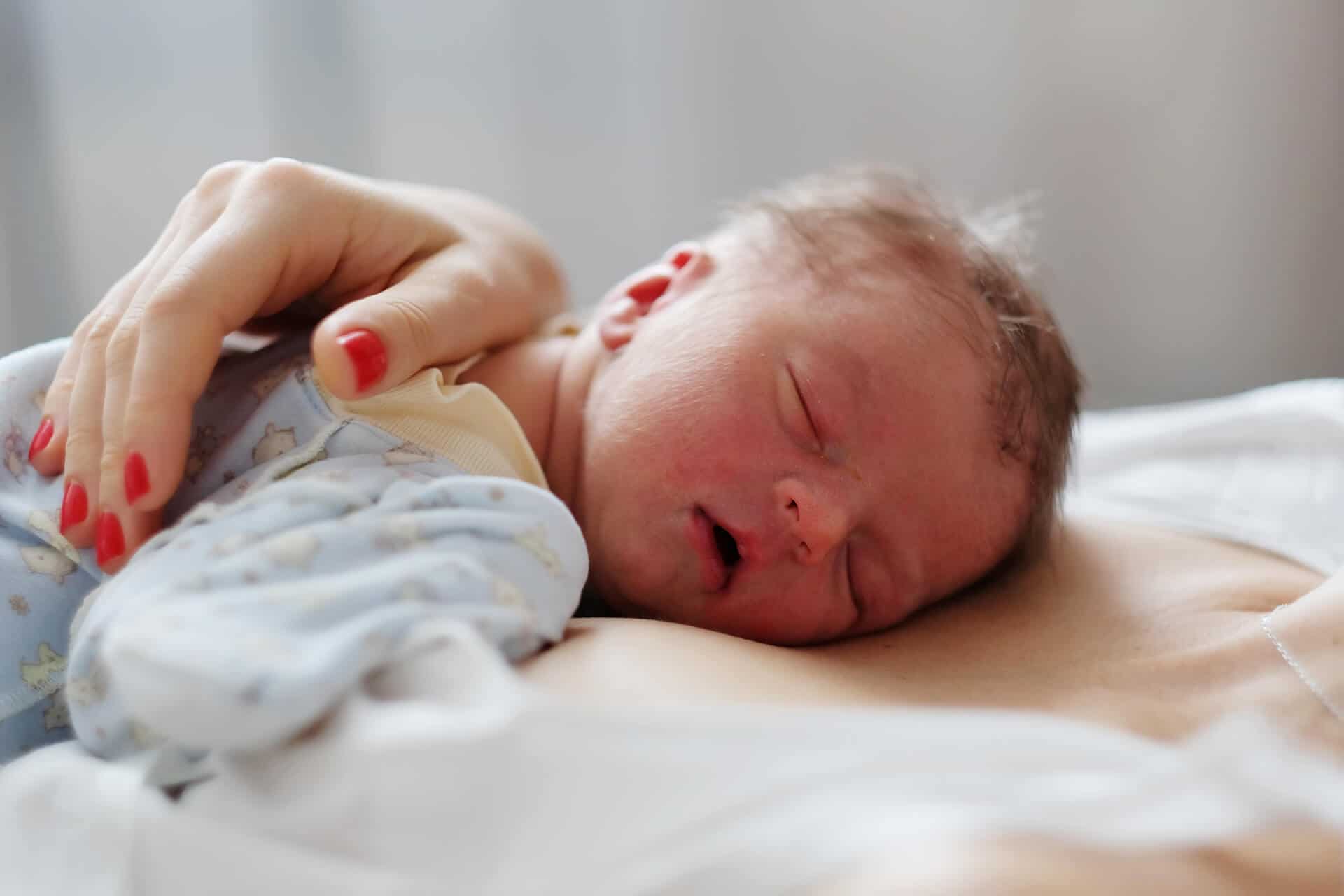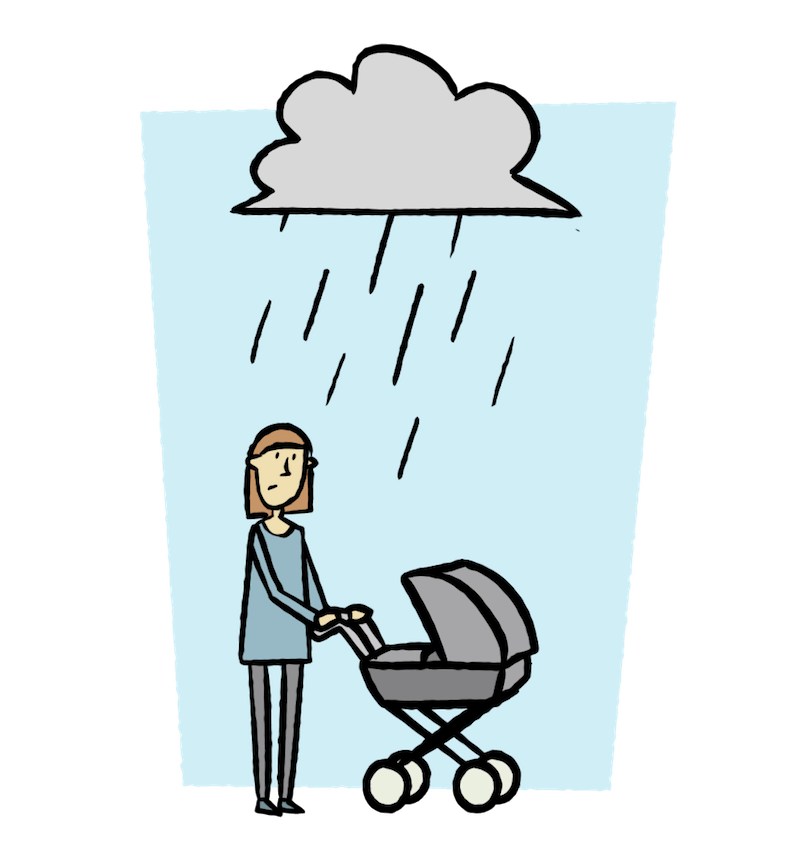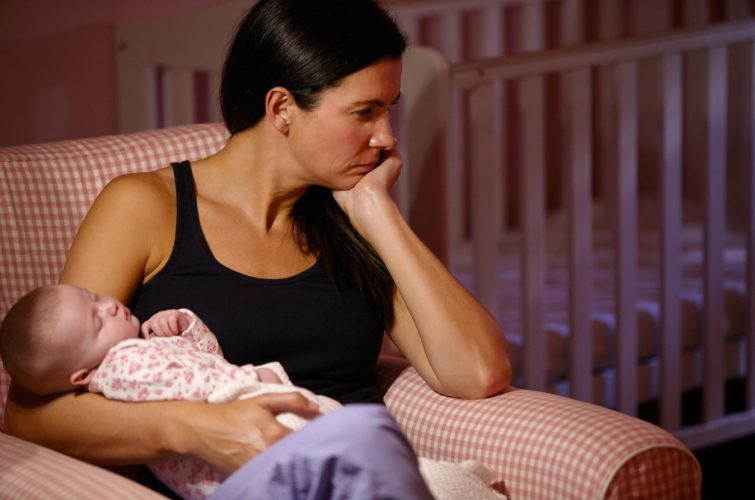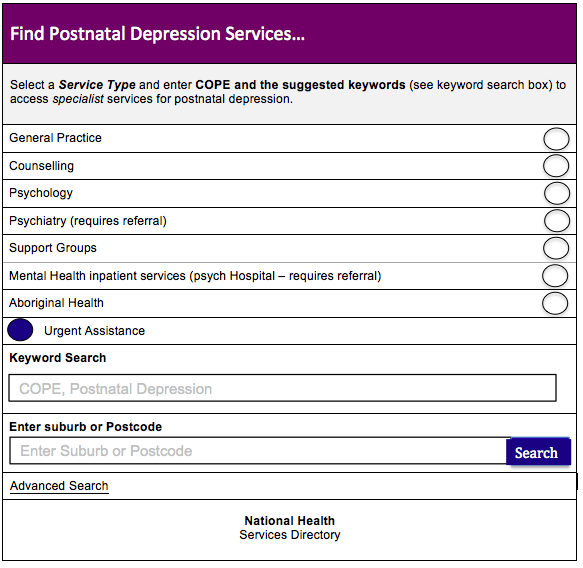First Class Info About How To Handle Postnatal Depression

Still, getting into the habit of eating nutritious foods can help you feel better and give your body the.
How to handle postnatal depression. The symptoms of postpartum depression last longer, are more severe, and may require treatment by a. Is it postpartum depression or baby blues? Postpartum depression is often treated with psychotherapy — also called talk therapy or mental health counseling — medicine or.
It affects up to 15% of people. Also has information for friends and. (postpartum psychosis, a condition that may.
But some women, up to 1 in 7, experience a much more serious mood disorder—postpartum depression (ppd). Crying reduced concentration appetite problems trouble sleeping postpartum depression symptoms postpartum depression may be mistaken for baby. It's not the same condition!
Treating postnatal depression. Healthy eating alone won’t cure ppd. So payne suggests that women with perinatal depression reach out to their doctors.
Postnatal depression can be lonely, distressing and frightening, but support and effective treatments are available. #### summary points depression is common in the postpartum period. But, support and treatments are available.
These information pages cover some of the most common perinatal mental health problems: You think you may be depressed many midwives and health visitors have been trained to recognise postnatal. Antidepressant medication in combination with therapy is recommended for.
The baby blues usually go away within a few days. Getting support ways you can help yourself what is postnatal psychosis? Speak to a gp, midwife or health visitor as soon as possible if:
If it were up to psychiatrist lauren osborne, postpartum anxiety would be as well known as postpartum depression (ppd).that’s because postpartum depression. It’s normal to experience a range of powerful. Many women experiencing postnatal depression in the 20th century felt unable to share their experiences due to the shame attached to poor mental health.
It can be severe and may have serious consequences for the woman and her child. These are the symptoms of postnatal depression and how to manage them. Khanlari s, barnett am b, ogbo fa, eastwood j.
Useful resources having a baby is a huge life event. People with postpartum depression experience emotional highs and lows, frequent crying, fatigue, guilt, anxiety and may have trouble caring for.
